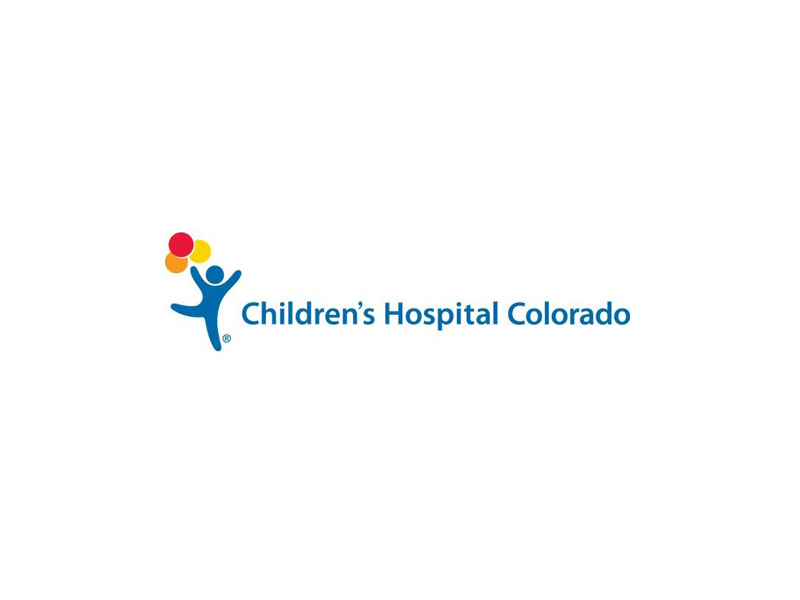Children’s Hospital Colorado has officially announced a partnership with University of Colorado Anschutz Medical Campus to launch a Colorado Child Health Research Institute, which will create from the ground-up a culture of research partnership to improve children’s lives across the board. According to certain reports, the stated Institute will make it possible for more than 500 physician scientists, PhDs, nurse scientists and other investigators to collaborate across disciplines and make research discoveries that will have a broad impact on human health from childhood to adulthood. Bringing forth the most advanced clinical care through more than 1,100 clinical research studies and trials, the Colorado Child Health Research Institute also focuses on establishing administrative and operational practices so to help investigators focus more on science, with the overarching goal being rapid translation of discoveries to market availability. More on the same would reveal how this facility will thrive across eight major functions i.e. research strategy and administration, research operations administration, research education, regulatory affairs, research business services, internal grant awards, clinical research contracting and research informatics, as well as data science. Now, although there is going to be some variation in the way things are operated within these categories, each one of them will have the support from dozens of specialties, programs, and centers on campus to all possible aspects of child health.
Have referred to the prospect centered on expert assistance, the Colorado Child Health Research Institute is expected to bring experts, peers, and colleagues from Children’s Colorado own faculty and six health professional schools at the CU Anschutz Medical Campus. These schools include School of Medicine, College of Nursing, Skaggs School of Pharmacy and Pharmaceutical Sciences, School of Dental Medicine, the Colorado School of Public Health, and the Graduate School.
“Our differentiator is our partnership. We collaborate with all of the University of Colorado schools and colleges as well as the adult hospital system, building a community of researchers for child health in Colorado,” said Dr. Ronald J. Sokol, MD, FAASLD, inaugural Chief Scientific Officer of Child Health at Children’s Colorado, and the Bruce and Bev Wagner Family Endowed Chair for Child Health Research.
“Treating kids can prevent disease as adults; many diseases in adults actually have their origins in childhood. Today, kids with previously life-limiting conditions can become healthy adults because of our breakthrough treatments and cures. From researching conditions in-utero to understanding maternal health to following pediatric conditions into adulthood, our research grows with our patients.”
Markedly enough, even in its short timeframe so far, the new facility has achieved some significant milestones. For instance, the Institute took the largest group of pediatric physician scientists in North America focused on childhood brain tumors before creating an international registry of data and tissue samples for collaboration. This it did with the help of leading scientists around the world so to identify how tumors develop and what new therapies can be developed to treat them.
“Children’s Colorado and our partners on the CU Anschutz Medical Campus are in the top 10 National Institutes of Health-funded pediatric research institutions nationally. With more than 50 years of partnership and collaboration and the generosity of visionary donors who fund research, we can advance child health to an even greater level,” said Jena Hausmann, CEO and President of Children Hospital Colorado.
Another example of the work already being done across the Colorado Child Health Research Institute would be its cystic fibrosis (CF) research where experts on campus were selected by the Cystic Fibrosis Foundation to lead clinical trials focused on treatments targeting the abnormal protein pathways of CF. Here, the selected team was able to prove the safety and effectiveness of new drugs with CF now available to multiple patients age groups, from adolescents to infants.


